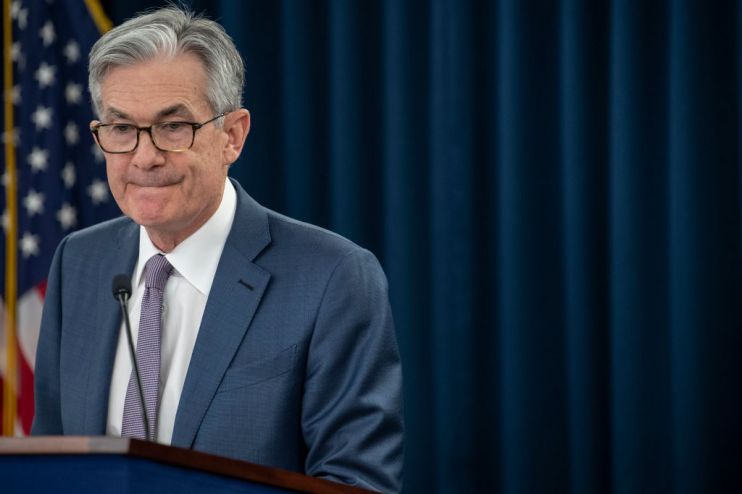Can interest rate cuts help economies deal with coronavirus?

Last Tuesday, the coronavirus outbreak drove the US Federal Reserve to do something it hadn’t done since the 2008 financial crisis: slash interest rates in an emergency move. Fed chair Jay Powell said rate-setters had “come to the view that it is time for us to act in the support of the economy”.
The economic impact of coronavirus, or Covid-19, can already be seen. Over the weekend, China reported a 17 per cent slump in exports in January and February and surveys suggest a big hit awaits the US and Europe.
Now, traders are betting that the Bank of England and the European Central Bank will follow the Fed’s lead. But how much can rate cuts really help?
Powell has admitted they’re a weak tool in the face of a rapidly spreading virus, regional lock-downs and factory and office closures. A cut “will not reduce the rate of infection, it won’t fix a broken supply chain, we get that,” he said last week.
Yet they “will help boost household and business confidence,” Powell argued. George Buckley, chief UK economist at Japanese bank Nomura agrees. He says the “demand effect is going to eventually outweigh the supply effect” and central banks must encourage lending and spending.
Erik Norland, senior economist at CME Group, says lower rates could help “a lot of companies that are facing cash-flow issues, [which] are easier to manage when interest rates are lower”.
However, rate cuts are unlikely to free people of coronavirus anxieties. Buckley says: “It’s not going to mean people who are worried about getting ill from the virus are all of a sudden going to go out and go to the cinema.”
A key question, then, is whether a rate cut is worth the return. Many economists have said central banks should have raised rates in recent years to give themselves more ammunition during a slump.
But this hasn’t happened and the BoE’s key rate is just 0.75 per cent, while the ECB’s is in minus territory. Cutting further would lessen their firepower and lead to squeals of pain from banks, which struggle to make money when rates are low. Former UK Treasury official and Goldman Sachs bigwig Jim O’Neill said last week that rate cuts would be a “wasted bullet”.
The relative weakness of interest rate cuts mean that, if more come, they will be alongside other measures, including government spending. The Bank of England and Downing Street have said they are working together ahead of Wednesday’s Budget, with incoming BoE governor Andrew Bailey saying some sort of “supply-chain finance” is likely to be provided to firms.
Whatever authorities decide to do, it’s certain coronavirus poses a novel challenge. Central bankers and ministers can do their best to fix supply chains and boost demand, says Seema Shah, chief strategist at Principal Global Investors. But, she says, it should be remembered that the most important factor “is the pace of increase in the number of cases outside China, and what measures governments adopt to contain the spread of the virus”.